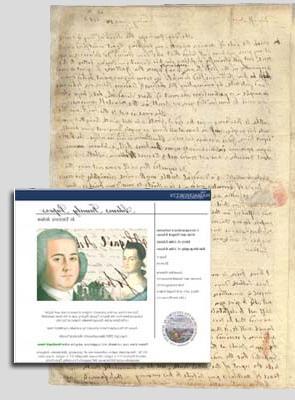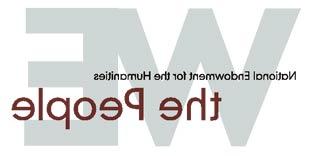Letter from Abigail Adams to John Adams, 18-20 June 1775

From the Adams Family Papers
The transcription of this letter is featured on the Adams Family Papers: An Electronic Archive website.
Online display of the letter.
"the tears of the multitudes"
This is one of the many letters Abigail Adams writes to her husband while he serves as a delegate to the Continental Congress in Philadelphia. She has just witnessed the battle in the distance the day before from the shoreline of Braintree (now Quincy) -- just south of Boston. She is accompanied by her eight year old son, John Quincy Adams, who describes the scene many years later in a different document. (Online presentation of JQA's letter.) The Adamses feel the cost of the battle on a personal level: Abigail's letter opens with the news that they've lost one of their dearest friends.
Questions to Consider
1. Why does Abigail Adams say, "The Day; perhaps the decisive Day is come on which the fate of America depends"?
2. According to Abigail, what are the characteristics of Dr. Warren that made his death such a great loss to America?
3. Why is it difficult for Abigail to eat, drink, or sleep? In addition to the battle-related worries, what other worries does she have?
Further Exploration
4. What does she mean by "ten thousand reports are passing vague & uncertain as the wind"? What evidence have you seen of this in other documents you have read? Provide specific examples.
5. Why did Abigail Adams sign her letters to John Adams "Portia"?
Funding from the Massachusetts Society of the Cincinnati supported enhancements to this website.



